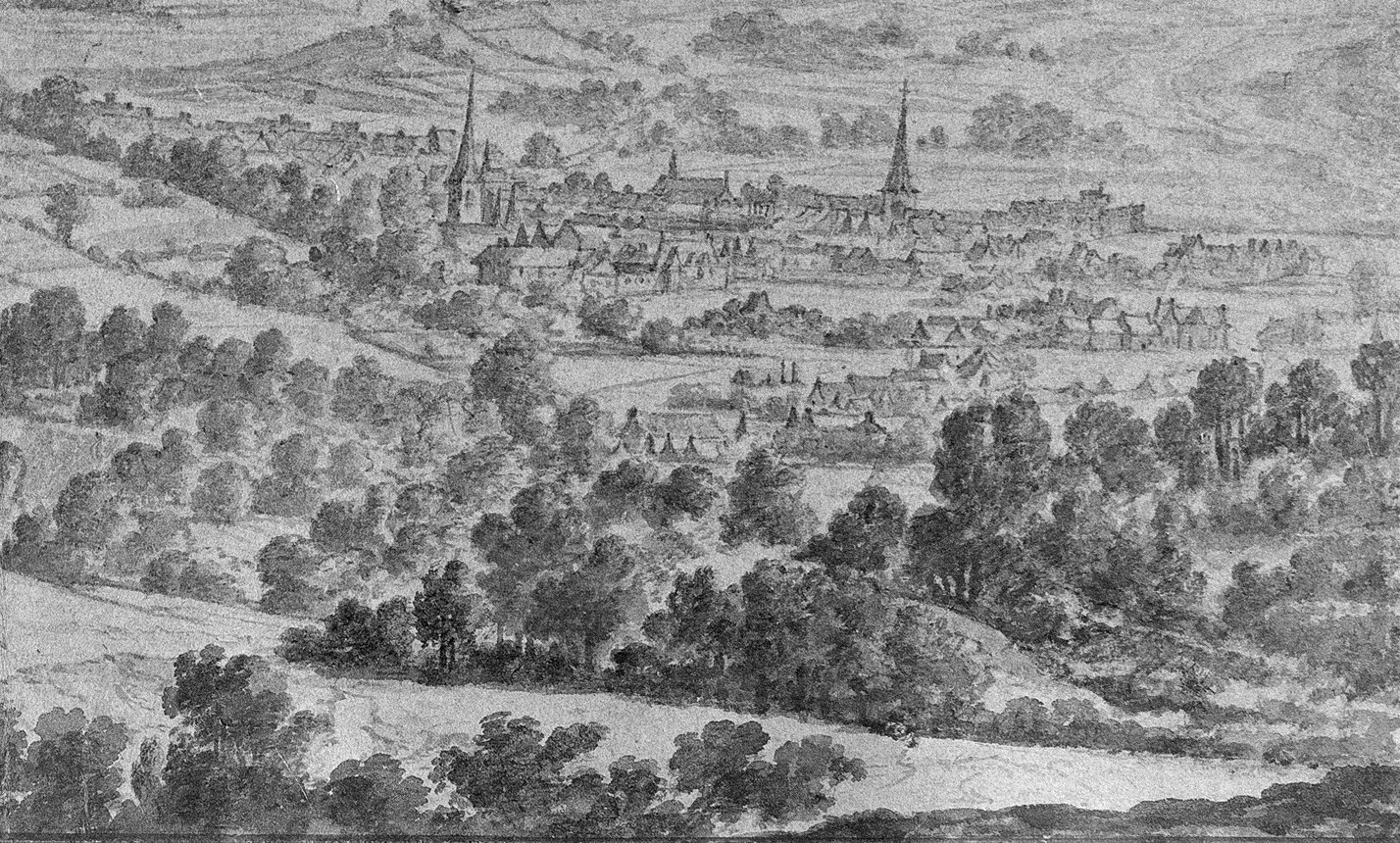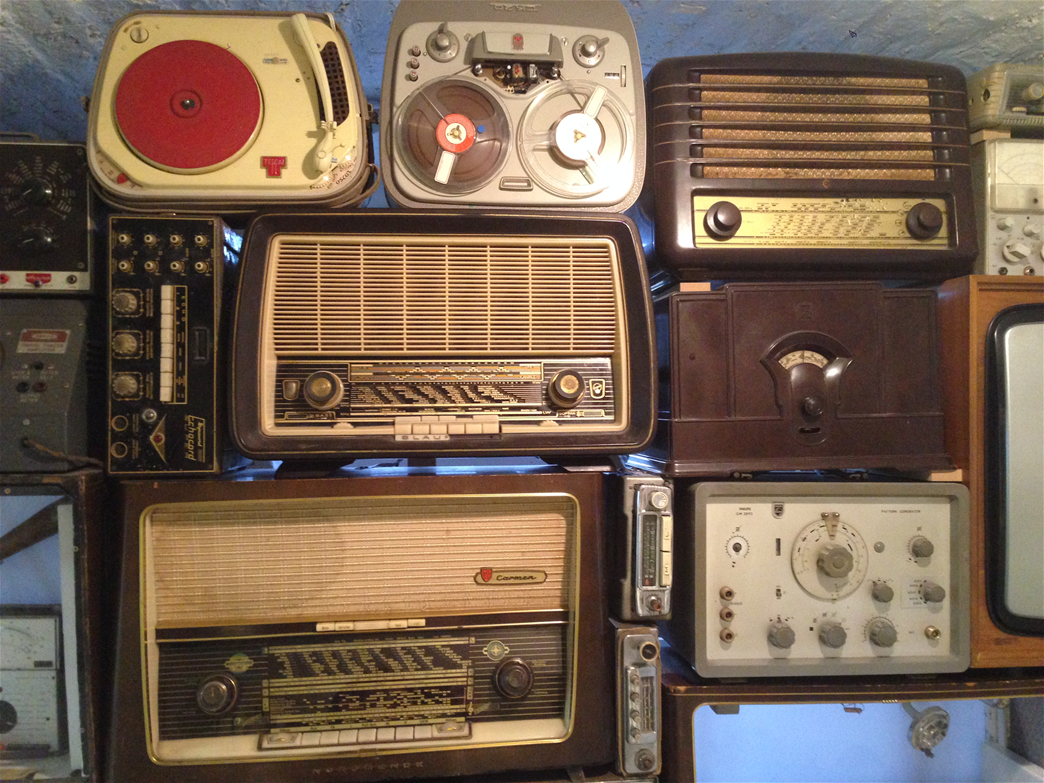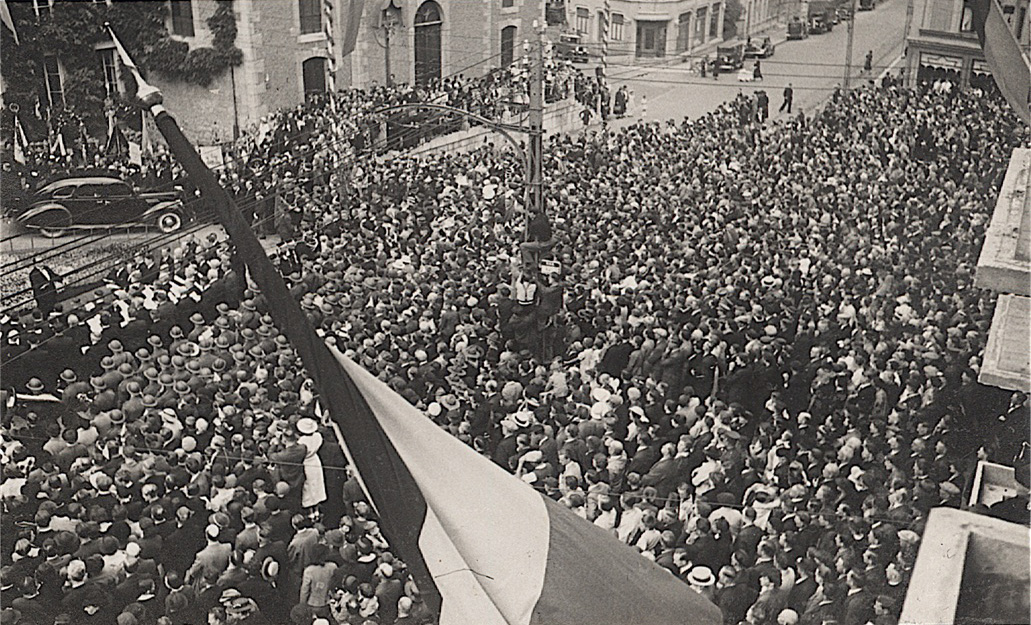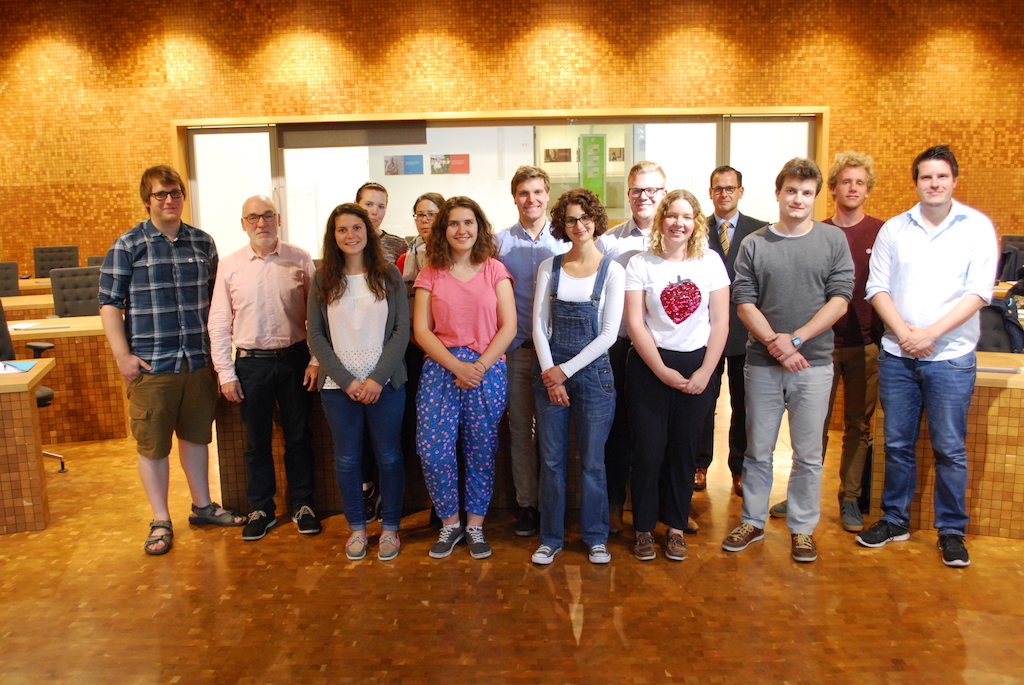-
![2017-05_VADS_Transistor_Bild]()
Document
Biographies, interviews with eyewitnesses, museum treasures, registers of associations, photographs – they are all documents created or collected by historians that tell something about history or the relationship between past and present. Documentation is an ongoing enterprise in which everyone can actively participate.
-
![Royal visit to Eupen on 20 August 1938 (Eupen State Archives, Leo Kever Collection)]()
Analyse
One of the basic principles of historical scholarship is critical reading of sources. The word ‘critical’ does not necessarily have a negative meaning here. Rather, it is about questioning a source at hand. What are the external characteristics of the document? Is it an original? Who created it? When? For what reason? In what context? What does the content say? Is it trustworthy? Only then can a document be properly classified. This principle is not only applied to written documents, but also to pictures, cartoons, or audiovisual documents, for example. Here, we analyse some sources from or about East Belgium.
-
![Osteblgien für Einsteiger]()
Experience
Looking at things from the outside permit new insights into one’s own history. Thus, exchanges with other people and regions are enriching experiences for all participants.

History lab
Historians critically examine the sources and strive for objective and analytically differentiated accounts. Everyone can become an actor in history by documenting events or recording experiences in some form. In the same way, however, everyone should deal critically with the numerous sources of information that are available.
Doing history together can have many advantages. Historical events are often experienced in different ways. For example, the mobile phone was a revolution when it was introduced in the early 1990s because it profoundly changed people’s everyday lives. Yet, everyone experienced this introduction differently and did not integrate the mobile phone and its subsequent applications into their lives in the same way. So, there is not just one story about the introduction of the mobile phone, but many. Recording as many as possible is a form of writing history in dialogue.


